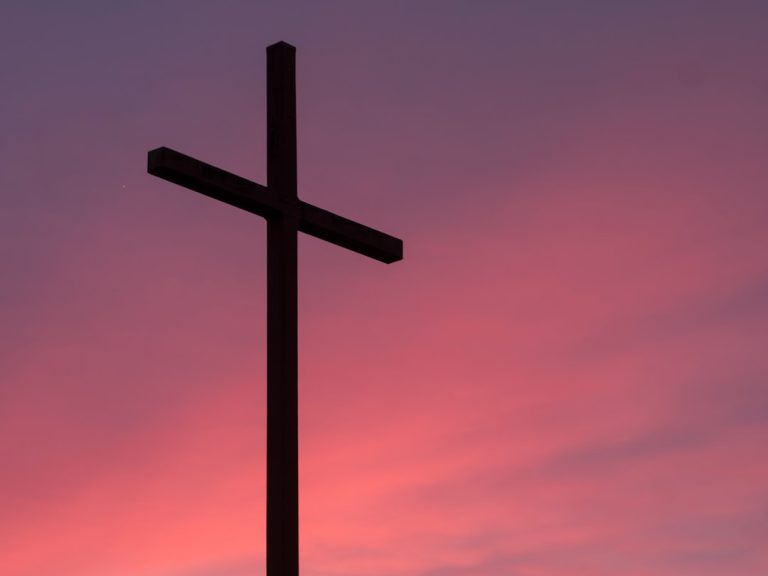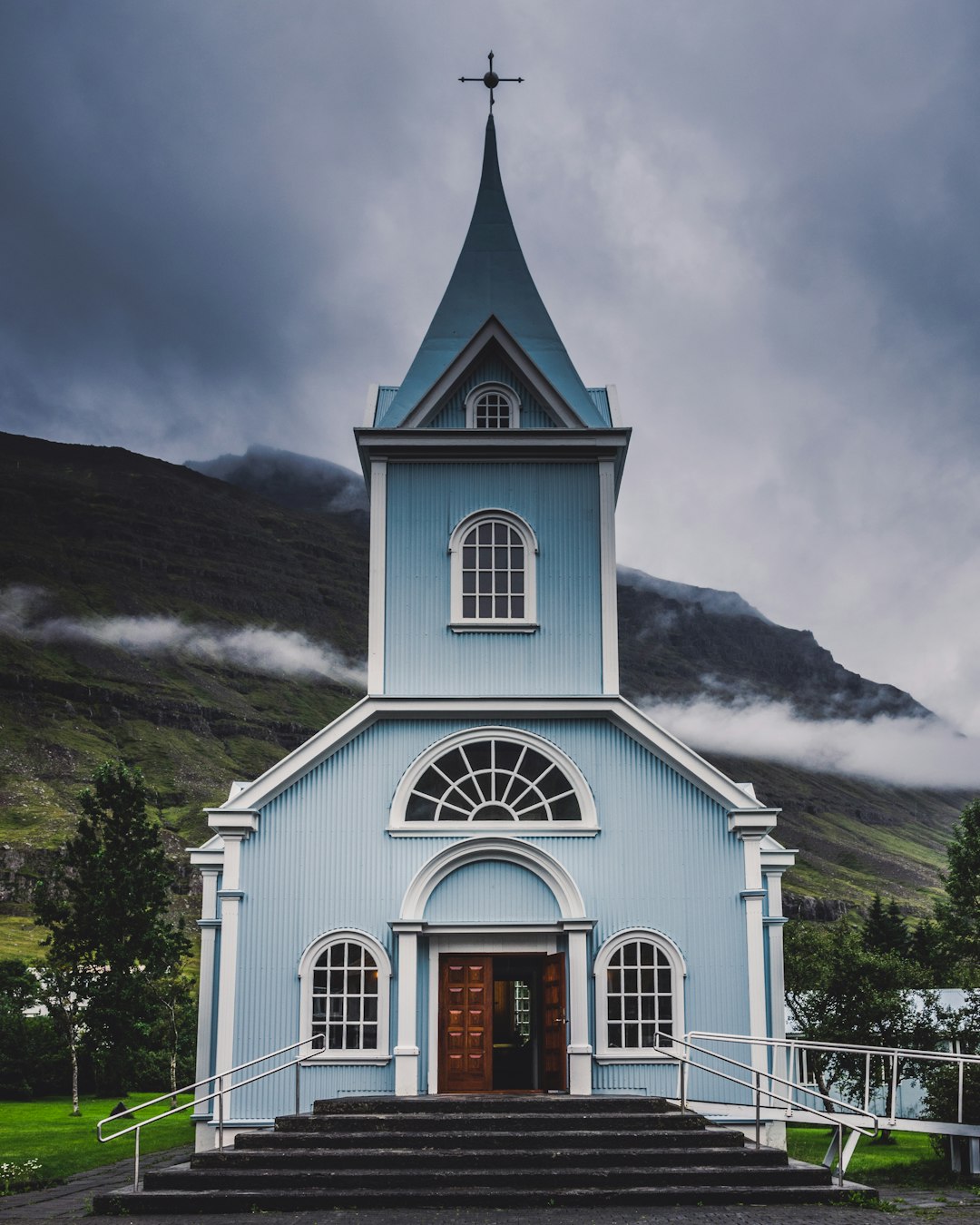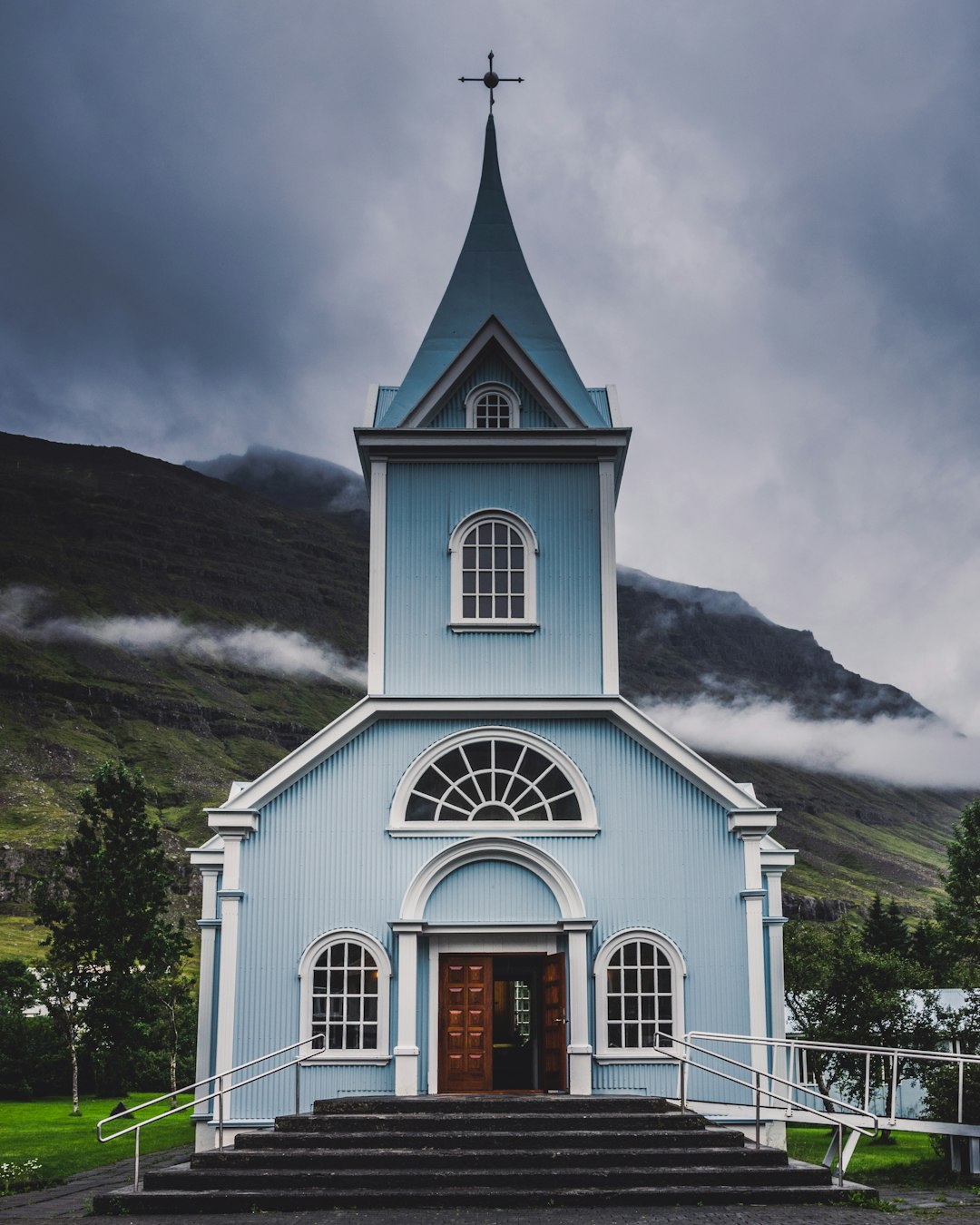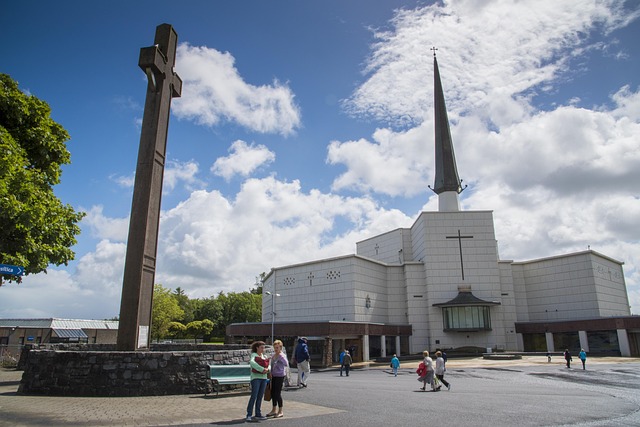“In the sensitive and often complex realm of clerical abuse, a dedicated advocate can make all the difference. This article introduces you to [Lawyer’s Name], a prominent Denver clergy abuse lawyer specializing in supporting victims in Colorado. We’ll explore the critical issues surrounding this topic, from understanding common patterns and red flags to navigating legal frameworks unique to Denver. Learn about effective strategies for successful court cases and available resources for survivors, ensuring every step of the process is illuminated.”
Understanding Clergy Abuse: Recognizing Patterns and Red Flags

Clergy abuse is a sensitive and complex issue that often involves power dynamics, trust violations, and emotional trauma. Recognizing patterns and red flags is crucial for victims to come forward and seek justice. Many instances of clergy abuse share similar characteristics, such as manipulation, secrecy, and isolation, which create an environment where abuse can thrive. A Denver clergy abuse lawyer specializing in these cases understands these patterns and can help victims navigate the legal system effectively.
Victims may exhibit behavioral changes, including anxiety, depression, or substance abuse, as a result of the trauma. Additionally, they might feel a strong sense of guilt or shame, making it difficult for them to disclose the abuse. Red flags can include strange requests for privacy, sudden changes in behavior or appearance, and attempts to cut ties with friends and family. Understanding these signs can help both victims and concerned individuals take the necessary steps to address the issue and seek appropriate legal counsel from a Denver clergy abuse lawyer.
The Legal Framework: Denver Laws Supporting Victims of Clerical Abuse

In Denver, Colorado, victims of clerical abuse have a legal framework to seek justice and healing. The state has implemented laws that support individuals who have experienced sexual or physical misconduct at the hands of religious leaders. A clergy abuse lawyer in Denver CO is equipped to navigate these legalities, ensuring victims receive the compensation they deserve and holding perpetrators accountable.
Colorado law allows for statutes of limitations that extend beyond the typical time frames, offering victims a reasonable chance to come forward and seek justice without fear of legal repercussions. These laws also protect the privacy of survivors, ensuring their identities remain confidential during legal proceedings. This supportive framework encourages individuals to take the courageous step towards healing by reporting and pursuing legal action against abusive clergy members.
Navigating Complex Cases: Strategies for Success in Court

Navigating complex cases, such as those involving clergy abuse in Denver, CO, requires a strategic and meticulous approach. A skilled clergy abuse lawyer must possess a deep understanding of both the legal intricacies and the sensitive nature of these matters. They should be adept at uncovering crucial evidence, interviewing witnesses, and constructing a compelling narrative to present before the court. This involves meticulously documenting every interaction and ensuring that all legal deadlines are met.
Successful representation in such cases often hinges on building trust with clients who may have experienced profound trauma. Effective communication, empathy, and confidentiality become paramount. The lawyer must guide their client through each stage of the legal process, ensuring their rights are protected while fostering an environment where they feel heard and supported. This strategic navigation is key to achieving a favorable outcome in what can be emotionally challenging cases.
Support and Resources for Survivors: Beyond Legal Representation

Survivors of clergy abuse often face complex and emotional journeys, which is why a Denver clergy abuse lawyer isn’t just about legal representation. Beyond that, support and resources play a crucial role in their healing process. Many organizations in Denver CO offer specialized services tailored to help individuals navigate this challenging experience. These include therapy services, support groups, and counseling centers designed to provide a safe space for survivors to share their stories and begin the path to recovery.
Additionally, there are legal aid societies and non-profit groups that provide free or low-cost resources specifically for victims of clergy abuse. These organizations can offer guidance on navigating legal systems, understanding rights, and accessing compensation if applicable. This holistic approach ensures that survivors not only receive justice but also the care and support necessary to rebuild their lives, making a significant difference in their journey as they seek closure and healing.






